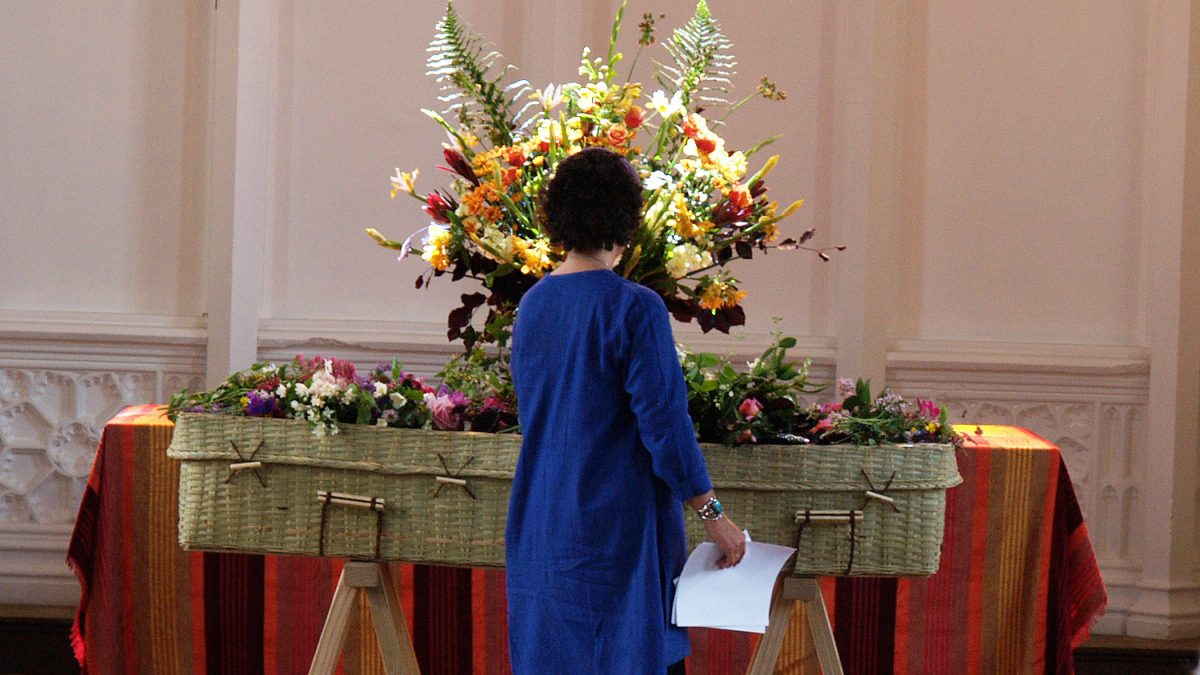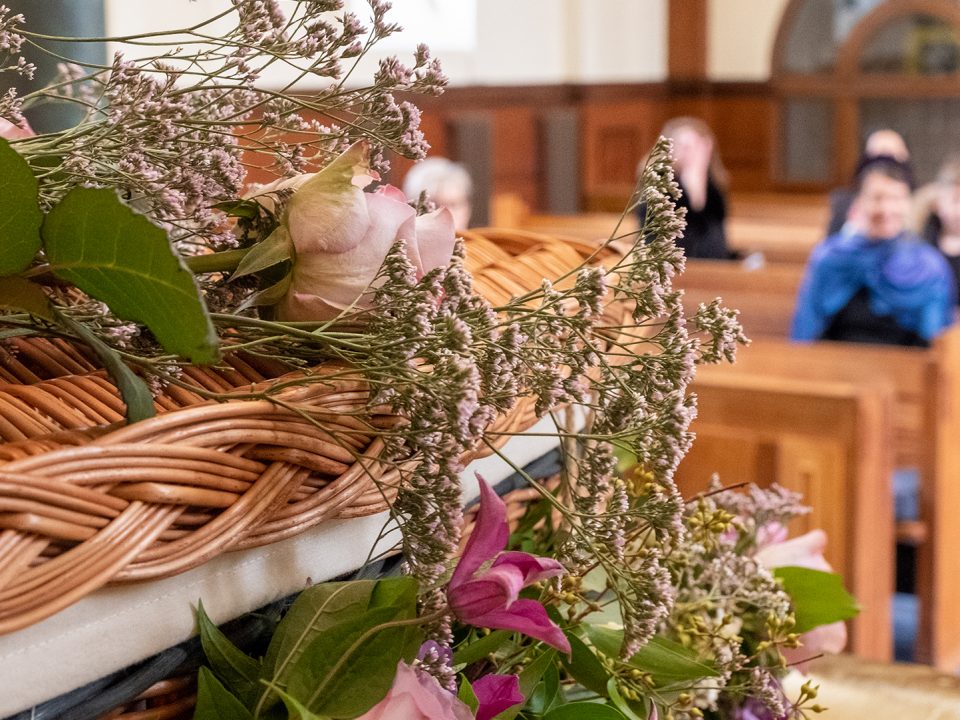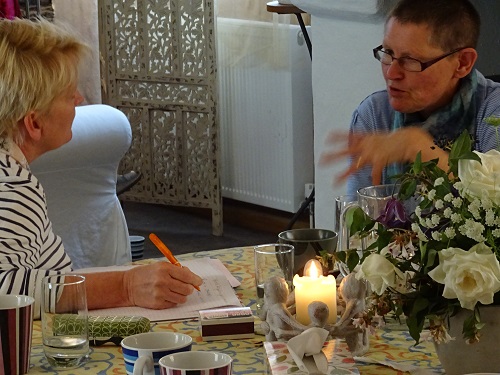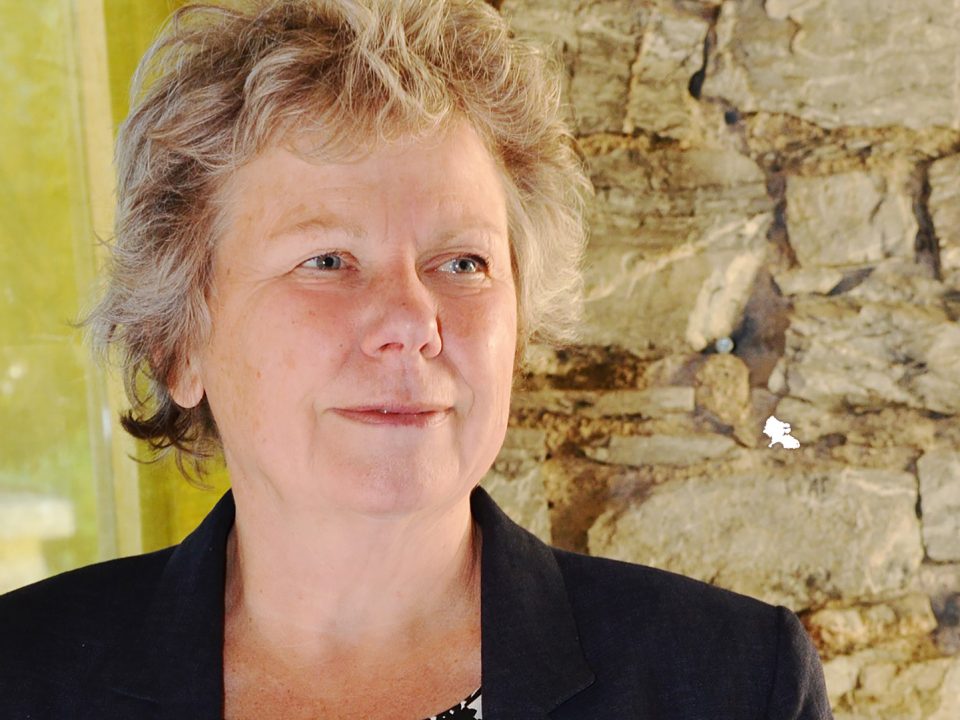Why do we have funerals?

Anthropologist Douglas Davies states that without having some way to deal with death we would not have thrived as a species. Conscious of our mortality we may have succumbed to despair.
A death is a significant event for a family and community and brings a complex range of emotions and issues. A good funeral cannot mend all these in one go, but it can help to begin the process.
In our work we think of 7 purposes for a funeral.
- To acknowledge the life of the person in a truthful way and give thanks for that life in its richness and diversity.
- To acknowledge the reality of the loss of the person. It can be hard to really accept the death has happened especially when it is sudden.
- To ask for the safe transition of the spirit or soul into whatever is believed to lie beyond, or simply to rest in peace.
- To give the bereaved comfort and hope, with inspiration to resume their lives even though things have irretrievably changed.
- To come together as a community, affirming a sense of shared rituals and cultural identity, honouring the loss of a community member. Participation in the ceremony helps with this, e.g. singing together. The gathering after is also part of this.
- To put the death of the individual into a broader context, through spiritual beliefs or the cycle of nature – death as part of life.
- And most obviously, to complete the physical cycle through burial or cremation.
A good funeral that meets these purposes is an important part of beginning the grieving process in a healthy way.




